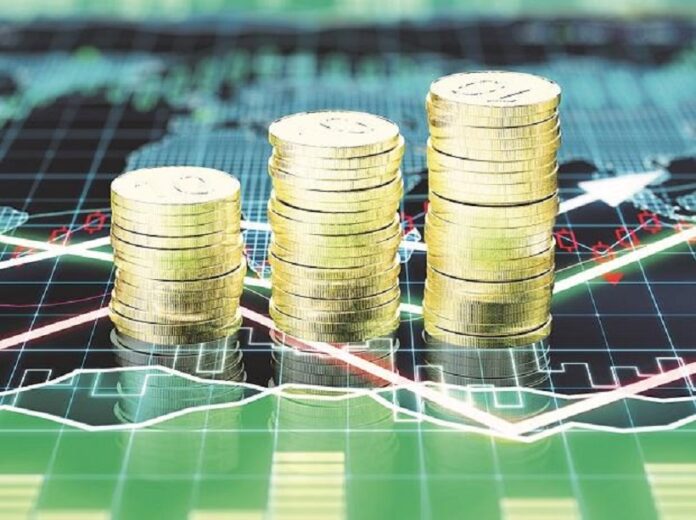Foreign reserves bleed $3.43b in 12 months
By Jeph Ajobaju, Chief Copy Editor
External reserves dipped from $40.52 billion on 31 December 2021 to $37.09 billion on 29 December 2022, according to figures compiled by the Central Bank of Nigeria (CBN), which show a drop of $3.43 billion in the 12 months.
“The committee observed the decline in the external reserves position, as gross external reserves decreased by 1.34 per cent at end-October 2022 to $36.87billion, from $37.39billion at end-September 2022,” CBN Governor Godwin Emefiele said at the last Monetary Policy Committee (MPC) meeting in November, per The PUNCH.
“With indications of lower crude oil prices in the futures market, members urged the Bank to sustain its current policies to boost non-oil exports in order to shore up the external reserves.”
Robert Asogwa, a member of the MPC, added that “the recent drop in external reserves is, however, linked to the decline in oil exports even at a time of higher oil prices.
“Interestingly, the publicised reduction in oil thefts across the Niger delta and the rising prospects of increased overseas remittances would likely boost the gross external reserves to a large extent in early 2023.”
__________________________________________________________________
Related articles:
Diaspora remittances grow to $5.16b
Nigeria spends $3.5b on foreign education on Buhari’s watch
$2.5b expenses of Nigerian students in UK help drain foreign reserves
__________________________________________________________________
Forex demand pressure bleeds $2.22b from external reserves in 4 months
Within four months in 2022, external reserves bled $2.22 billion under unrelenting demand in the foreign exchange (forex) market, with CBN data showing a drop to $36.96 billion by 16 December from $39.18 billion in August.
The CBN listed four factors responsible for the pressure – low oil and gas revenue, foreign loan repayment, global inflation, and electing spending.
“The level of external reserves remained a key factor in the stability of the financial system. Downside risks to the external reserves include: Low inflows from crude oil & gas revenue.
“The non-receipt of inflows from crude oil and gas sales despite the rise in oil prices has continued to impact negatively on accretion to the reserves. This was attributed to reduction in crude oil production, among others,” the CBN explained in its Financial Stability Report.
“Rising foreign loan repayment obligations. The increase in the foreign debt profile is an indication that foreign debt service payments are likely to increase, and would negatively affect the level of reserves.
“Global inflationary pressures. Global inflation is expected to remain elevated, a situation that was previously anticipated, necessitating the hike in interest rates by the Fed and other major central banks.
“This scenario poses a threat to reserves accretion as foreign investors move assets from emerging economies to advanced economies for expected higher returns.
“Lead-up to the 2023 general elections. There is the expectation of increased foreign exchange demand pressure resulting from uncertainties surrounding the conduct of the 2023 general elections.”




